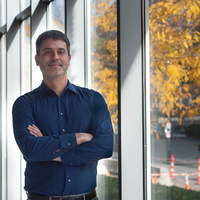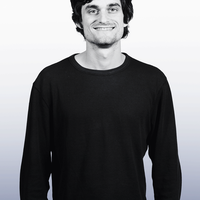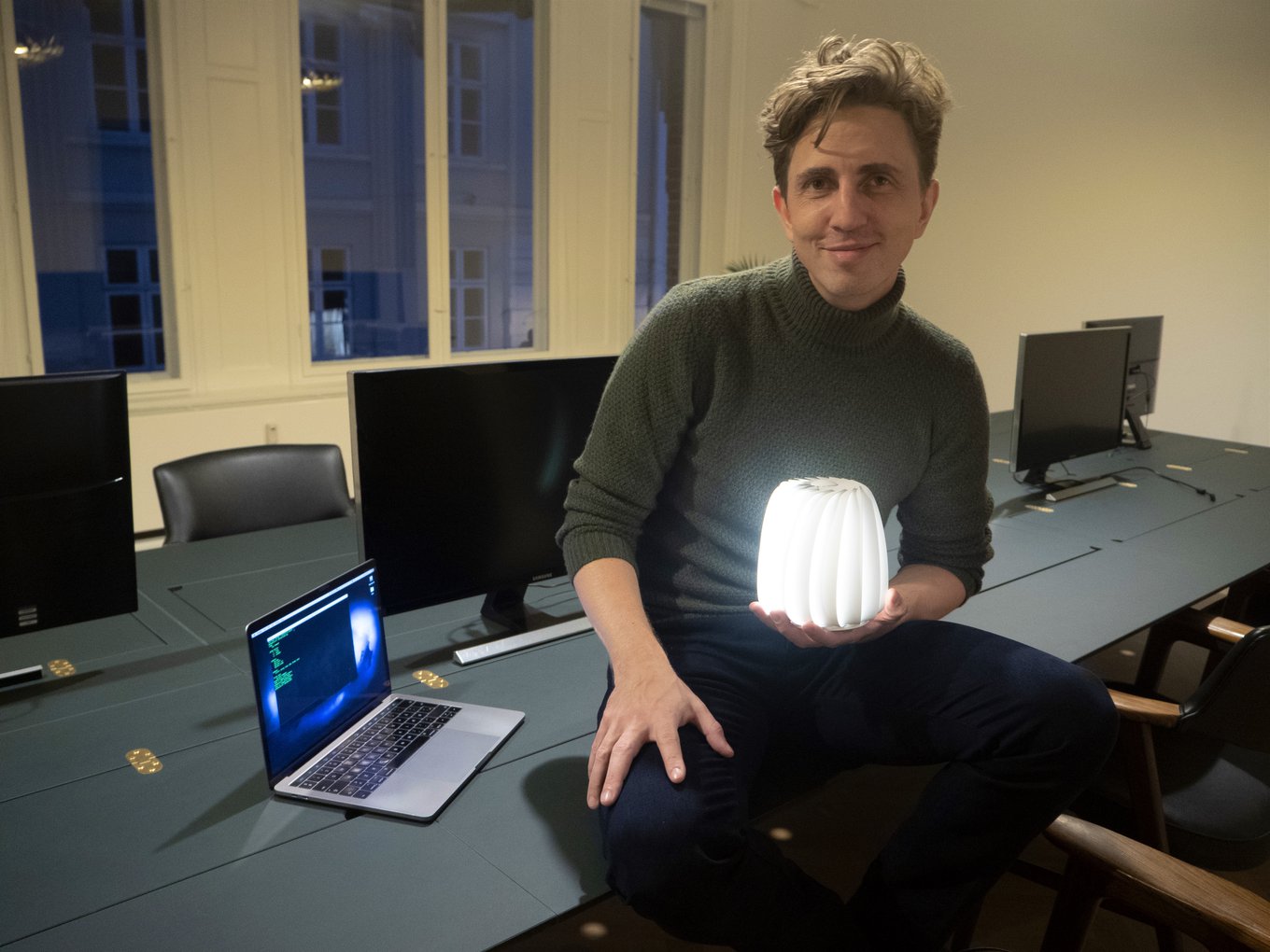Cardiovascular and cerebrovascular diseases are the leading cause of death around the world. In the year 2016 alone, 15.2 million people died after suffering ischaemic heart disease or a stroke, according to the latest report from the World Health Organisation. In fact, the organisation considers these two diseases to be the main causes of global mortality over the past 15 years. Given the sheer number of cases recorded, these are two of the main concerns in the field of global public health.
One of the key strategies to address these conditions consists of early detection and early treatment to mitigate the consequences. But, although there are factors that reflect a patient’s level of risk, such as high blood pressure, diabetes and hyperlipidaemia, among others, often it is difficult to identify the symptoms associated with both ailments.
Aware of the situation, the Danish entrepreneur Andreas Cleve has co-founded Corti, a listening tool for hospitals based on artificial intelligence (AI). The system detects heart attacks through an analysis of patients’ emergency calls. In these conversations, Corti searches for clues that may indicate specific symptoms that help to identify the diagnosis in time. Thanks to this advance, the young man has become one of the Innovators Under 35 Europe 2018 from MIT Technology Review.
“Corti is a bit like an Alexa for diagnosis, but instead of dealing with queries, it monitors emergency calls in real-time," explains Cleve. But unlike the virtual assistant Alexa, which is limited to analysing the voice, Corti "not only understands what is said, but also looks for patterns in non-verbal language to help make a correct diagnosis," he adds. For example, ambient sound, the user’s tone of voice and their breathing are relevant clues for this digital assistant. At the same time, Corti compares this data with records of millions of calls, looking for recurring symptoms in people affected by heart attacks.
Once it has identified the severity of the attack, Corti gives written instructions to the emergency staff on the patient’s status and recommendations on the treatment to follow. All this happens in less than a minute, which is strategically important if we consider that time can be decisive in this type of medical attention.
Corti has already carried out a pilot project with the Emergency Medical Service in Copenhagen. The test showed that this AI is able to diagnose a heart attack with up to 95% accuracy in less than 50 seconds, which could reduce the number of mistaken diagnoses by more than 50%. Following the success of that first pilot, Corti is looking ahead to the future, and at present, it has already established alliances with the United States, Australia and the European Union. Cleve, who is the CEO of the company that in 2017 was selected by the European Commission as one of the continent’s most ambitious start-ups, states: “I have always had a great interest in democratising healthcare".
Corti offers a "highly innovative and comprehensive approach", according to Joan Bigorra, director of Strategy and Innovation at the Barcelona Institute for Global Health (ISGlobal), and a member of the jury of Innovators Under 35 Europe 2018. The expert describes Cleve as "a multi-entrepreneur in the field of AI".
By Marta Sotres
Translation: Lisa Rushforth




